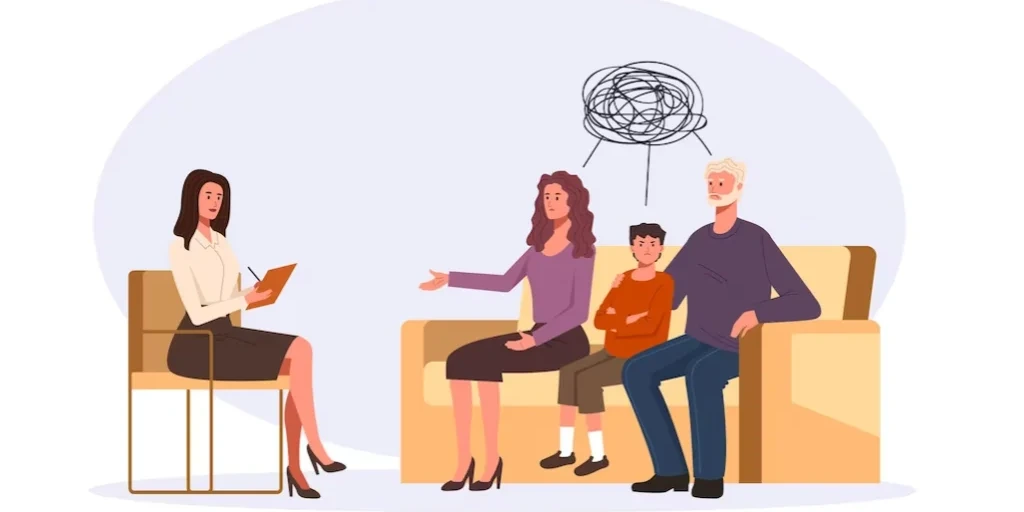24/7 Helpline:
(866) 899-221924/7 Helpline:
(866) 899-2219
Learn more about Morphine Detox centers in Bossier City
Morphine Detox in Other Cities

Other Insurance Options

Absolute Total Care

Molina Healthcare

Sutter

Ceridian

Regence

BHS | Behavioral Health Systems

UnitedHealth Group

PHCS Network

Providence

United Health Care

Access to Recovery (ATR) Voucher

Magellan Health

AllWell

Oxford

Optima

GEHA

Highmark
Beacon

Amerigroup

Humana

CADA Bossier Treatment Center
CADA Bossier Treatment Center is a CARF-accredited substance abuse rehab for adolescents and adults....

AppleGate Recovery
AppleGate Recovery offers medication assisted programs for individuals with opiate addiction. AppleG...










Red River Behavioral Center
Red River Behavioral Center is a private rehab located in Bossier City, Louisiana. Red River Behavio...

Council On Alcoholism
Council On Alcoholism is a private rehab located in Bossier City, Louisiana. Council On Alcoholism s...

Bossier Rehabilitation and Fitness
Bossier Rehabilitation and Fitness is a private rehab located in Bossier City, Louisiana. Bossier Re...



